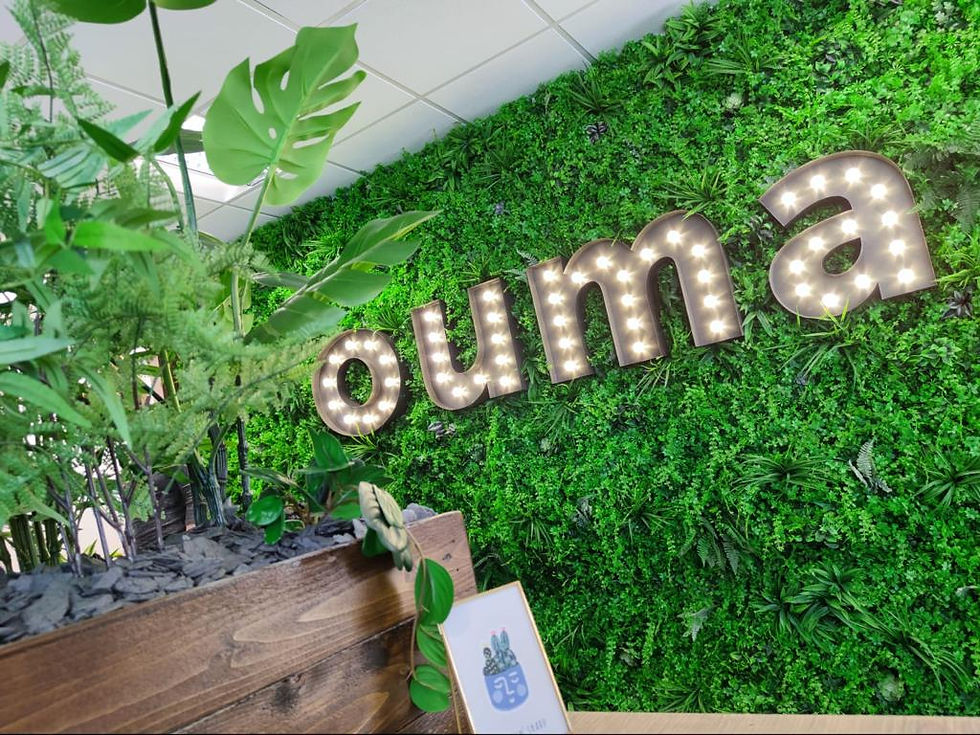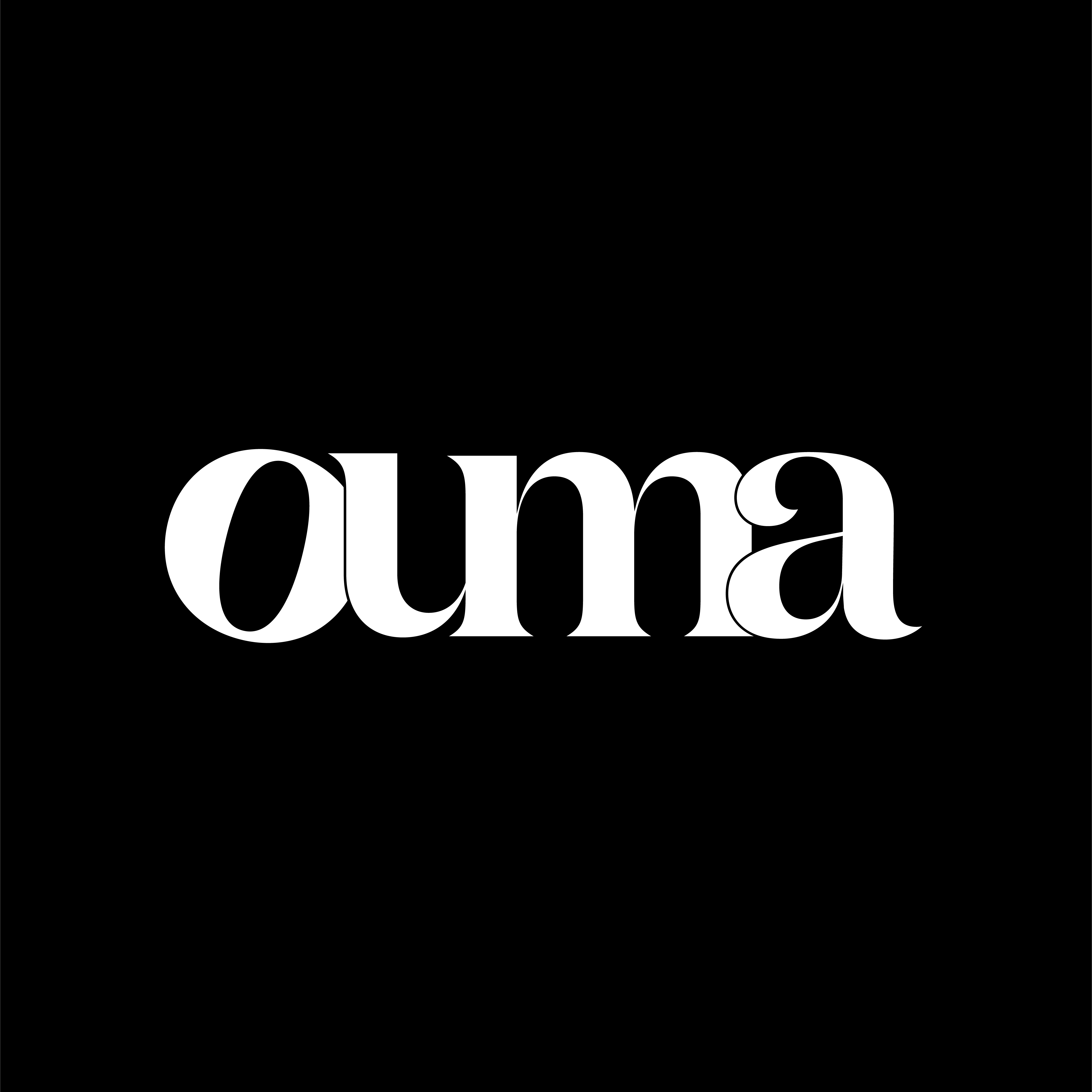Embracing Feedback as Part of the Creative Process: A Conversational Exploration
- Ross Jones
- Jul 9, 2021
- 3 min read
Updated: Aug 16, 2021
As we sit in our brand-new office, the walls decorated with our favourite records, company issued blankets wrapped around our shoulders and steaming cups of tea clutched between our hands... we prepare for the very first Ouma Session. The team gather in the meeting room at Ouma HQ to understand our own triggers relating to feedback and the role it plays in improving our creative work.
Feedback. The essence of creative growth or a sucker-punch shame spiral? At Ouma we don't shy away from difficult conversations and after a deep dive into the subject, as a team of creative professionals, I think we would all agree it can paradoxically be both.
Firstly, there is a perspective that demands the receiving of feedback to be treated like an honour. An opportunity. A gift to better yours and another's creative process and guidance of talent. The chance to take dedicated time to discuss a given circumstance or body of work and offer professional opinion. After all, this is part of the human experience. Whether it's from a client in relation to their brief or from a respected pier, it is important to understand how your work is being perceived by others.

As the conversation whipped around the table the team equally agreed that receiving too much or unconstructive feedback can be damaging to the creative process. Some individuals have a tendency to constantly collect feedback and opinions and as a result, their processes and work are no longer true to their skills. It becomes derivative or strays from its original objective.
Often even well delivered and constructive feedback can trigger unattended social bias and deep-rooted personal issues causing shame to rain down on us like a monsoon. Our brains fog with Adrenaline, Noradrenalin and Cortisol. We get tunnel vision. We struggle to climb out of our own feelings and remember the client brief. The human body does one of three things: Fight - We become slightly defensive, and our wounded ego decides it's time to shine. We may lash out unnecessarily and react to statements rather than respond to them. We are dismissive and patronising.
Flight - We wrap-up the conversation and run like our lives depend on it. The phrase, 'thanks for your feedback, I'll work on it' lands like an emergency evacuation helicopter ready to airlift us out of the battlefield!
Freeze - We clam up! Shutters down, tunnel vision, blind with panic. Jaw hanging slightly open, hands clammy, we retreat into ourselves and wait for the storm to be over.
As a hush came over the room and we all privately leaned into the moment, we knew what the answer to this paradox was; and it came in the form of two very powerful words.
Self. Worth.
If you consider yourself a creative, you'll understand that self-worth is something you need in bucket loads. Putting your work out into the world and acknowledging your own unique talents is the first step in nurturing your self-worth. Although feedback can feel ultimately personal, you are also, so much more than one piece of work in a lifetime of creativity that will make up your career. Read that again.
At this point in the conversation, the team decided to dig deeper and concluded that creativity is an inside job. It's a deep body of water that simply needs an outlet and guidance. Constructive and well-presented feedback can be that guidance as part of a healthy creative process. It is also in the giving of feedback that we can learn a lesson about our own talents and self-worth.

The ability to form, present and discuss comprehensive feedback is an art in and of itself. We realise this more and more as the conversation around the table meanders directly through the subject of how we individually like to give feedback. It is easy to wrap constructive criticism in candyfloss and clouds. It is easy to sandwich the bad stuff amongst the good stuff. It is easy to bail on a situation and stay silent. If something is easy, does it automatically make it right?
As the dregs of tea in our blue china cups turns cold we come to the consensus that being clear, is being kind. We agree that when giving feedback you must be ready to put the problem in front of you rather than between you. We acknowledge each other's ability to get curious, one of Team Ouma's core values and life blood. Above all? We learn that providing consensual, constructive feedback is about holding someone accountable without shaming or blaming them. Walking inside of their self-worth at all times.
Amongst heartfelt anecdotes, the rustle of chocolate biscuit wrappers and the gentle purr of an air purifier, we emerge drenched in each other's respect and support - and that ladies and gentlemen, is the epitome of an Ouma Session.








Comments